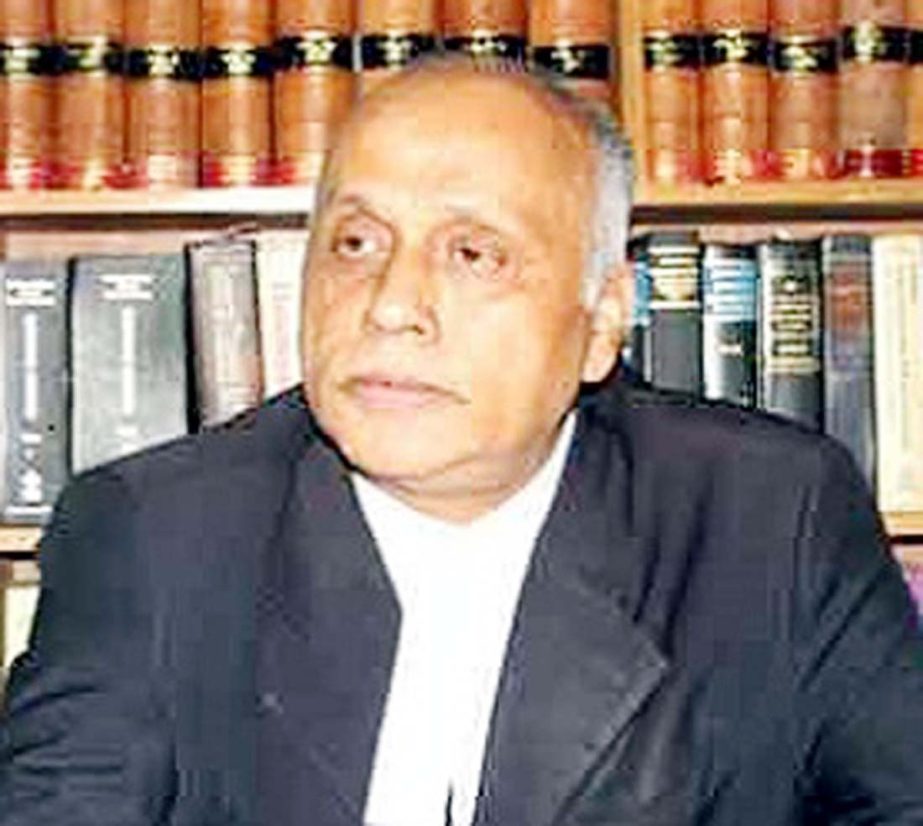
Md Khurshid Alam Khan :
The controlling power of revision i.e. criminal revision in some cases rests with the High Court Division. Section 439 of the Code of Criminal Procedure must be read along with and subject to the provision of section 435 of the Code. In respect of special cases under the Criminal Law Amendment Act 1958, the revisional power deals with section 10(1A) of the Criminal Law Amendment Act, 1958. The object is to confer a kind of paternal and supervisory jurisdiction in order to correct miscarriage of justice arising from misconception of law irregularity of procedure, neglect of proper precautions and apparent harshness of treatment. The revisional Jurisdiction of High Court Division is very extensive. The Jurisdiction under Section 10(1A) of the Act which is very wide may be exercised to test the correctness, legality or even the propriety of the finding sentence or order of the subordinate court or for satisfying itself as to the legality of their proceeding.
The propriety or legality of the charge as framed against the accused-petitioner cannot be scrutinised and interfered with under section 10(1A) of the Criminal Law Amendment Act, 1958 as the trial Court is the sole authority to frame charge against any accused having a prima facie case against him and the High Court Division in exercise of its revisional jurisdiction under section 10(1A) of the Act does not generally go into facts but in certain circumstances this Court for rectification of injustice may also go into facts, if in the determination of any question of facts, onus is wrongly placed upon any party or an incorrect principle has been applied in determining the question of fact or any material piece of evidence has been ignored or due to by the court below. This court having paternal and supervisory jurisdiction can certainly, in the interest of justice, scrutinise and go into facts and examine the propriety of the impugned order of finding in question.
The revisional powers are not limited to the powers mentioned in section 10(1A) of the Criminal Law Amendment Act, 1958 which merely describes some of the relief’s which the High Court Division may grant. But it is not exhaustive. It has all the powers of an appellate Court and more it can enhance sentence. The revisional power though very wide is purely discretionary to be fairly exercised according to the exigencies of each case. It is an extra-ordinary power which must be exercised with due regard to the circumstances of each particular case. A private party, who has no right to appeal, can come in revision where the Durnity Daman Commission/Government fails to exercise the right to appeal.
Under section 10(1A) of the Criminal Law Amendment Act, 1958/under section 439 of the Code of Criminal Procedure the High Court Division may also suo motu call for the record of the Courts subordinate to it and set aside any order passed by such Courts in any legal proceeding which has caused miscarriage of justice. Even there is no prescribed period of limitation either in the Code of Criminal Procedure or in the Limitation Act, 1908 for filing revision. As a matter of longstanding practice in the High Court Division 60 (sixty) days limitation, provided under Article 155 of the First Schedule of the Limitation Act for appeal, is being followed for revision. But there is no legal bar to entertain in the interest of justice such revisional application even after the period of 60 (sixty) days. Moreover in the absence of any limitation prescribed for revision under the law, it cannot also be properly said that the application filed beyond 60 (sixty) days is barred by limitation. The revisional Court is to look into the question whether there has been gross negligence n the part of the petitioner or an inordinate delay in moving such revisional application.
(Md Khurshid Alam Khan is Advocate, Supreme Court, and Editor, Dhaka Law Reports).
— Concluded.

